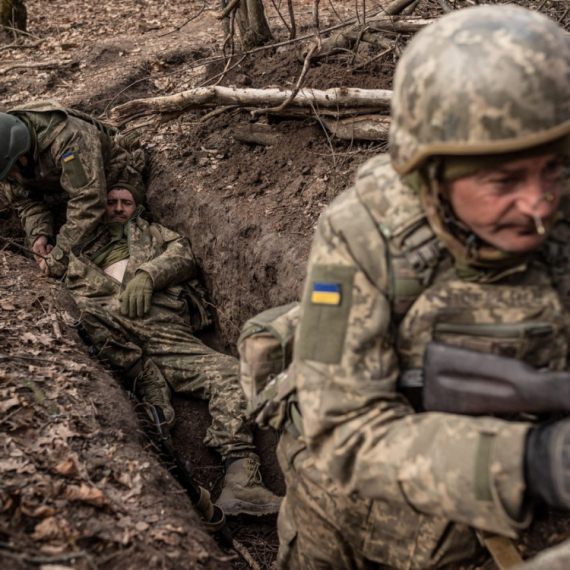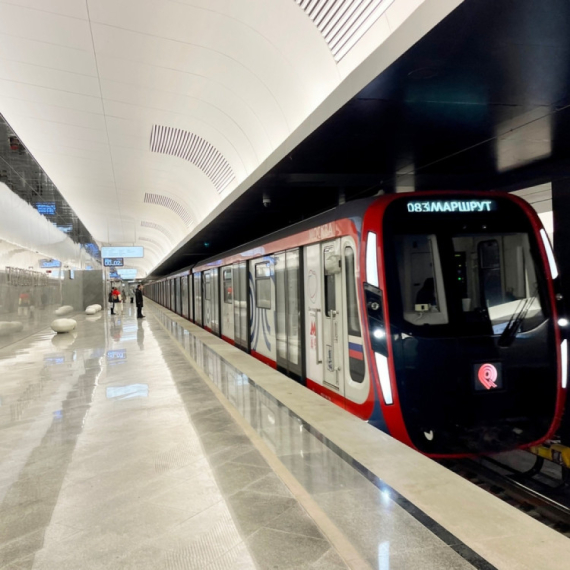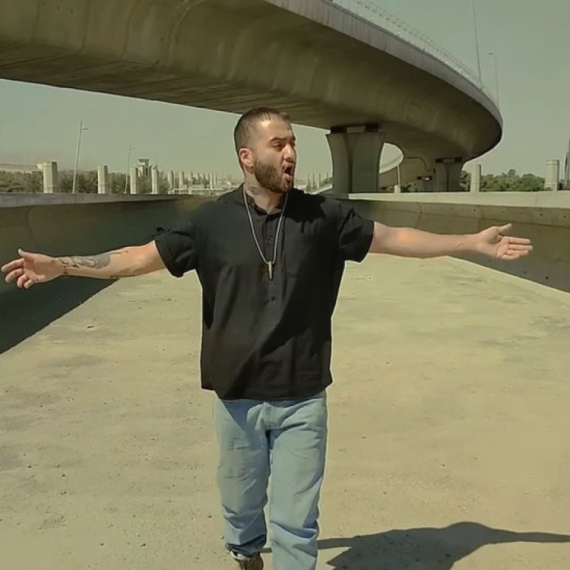"Government must not minimize worker protests"
Labor Minister Rasim Ljajić said on Saturday that the government should not minimize "workers' protests".
Saturday, 02.05.2009.
19:05

Labor Minister Rasim Ljajic said on Saturday that the government should not minimize "workers' protests". Instead, it should must take a pro-active role and set up a crisis headquarters before these protests are radicalized. "Government must not minimize worker protests" "In the event that the protests are ignored, the very next step would be their further radicalization, because, in the general atmosphere of fear, uncertainty and lack of any prospects, which is also being created in a certain way, people come to believe that they have nothing to lose and that they can get at least something from the government or their employers through protests," Ljajic said in an interview for Tanjug. The government's pro-active role would imply that every worker and trade union organization is heard, he said, but pointed out that a large number of the demands are neither realistic nor objective. The government crisis headquarters would comprise representatives of different ministries, who would "quite literally deal with all the individual cases, the status of companies, talks with trade unions and representatives of the workers," Ljajic said. "Further, it should be made quite clear what is realistic in the demands, every argument should be discussed, as well as everything that is within the law, on the one side, and the financial possibilities to meet these demands, on the other," he continued. In the absence of talks and social dialogue, the only alternative is protests and demonstrations, the minister said, but such activities will not resolve any of the social or economic problems with which the workers and the entire country are faced. "In the absence of dialogue, we will have this situation, that new protests appear every day, that a bad atmosphere is created in society, and that the impression is formed that the crisis is shifting from the economic to the political and more general social field," stated Ljajic. The crisis has yet to peak, the minister said, and none of the measures adopted by the Serbian government are definite in themselves. "Each of these measures can be corrected if it is seen that they are not yielding results," Ljajic said, stressing that the economy is "really threatened" and that it "needs help".
"Government must not minimize worker protests"
"In the event that the protests are ignored, the very next step would be their further radicalization, because, in the general atmosphere of fear, uncertainty and lack of any prospects, which is also being created in a certain way, people come to believe that they have nothing to lose and that they can get at least something from the government or their employers through protests," Ljajić said in an interview for Tanjug.The government's pro-active role would imply that every worker and trade union organization is heard, he said, but pointed out that a large number of the demands are neither realistic nor objective.
The government crisis headquarters would comprise representatives of different ministries, who would "quite literally deal with all the individual cases, the status of companies, talks with trade unions and representatives of the workers," Ljajić said.
"Further, it should be made quite clear what is realistic in the demands, every argument should be discussed, as well as everything that is within the law, on the one side, and the financial possibilities to meet these demands, on the other," he continued.
In the absence of talks and social dialogue, the only alternative is protests and demonstrations, the minister said, but such activities will not resolve any of the social or economic problems with which the workers and the entire country are faced.
"In the absence of dialogue, we will have this situation, that new protests appear every day, that a bad atmosphere is created in society, and that the impression is formed that the crisis is shifting from the economic to the political and more general social field," stated Ljajić.
The crisis has yet to peak, the minister said, and none of the measures adopted by the Serbian government are definite in themselves.
"Each of these measures can be corrected if it is seen that they are not yielding results," Ljajić said, stressing that the economy is "really threatened" and that it "needs help".


























































Komentari 0